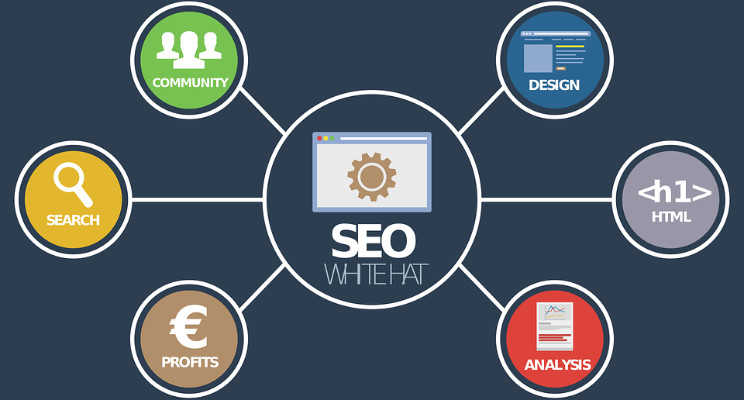Top 10 Essential Website Optimization Strategies
Implementing these top 10 essential website optimization strategies will improve your website's user experience, increase traffic, and drive conversions
In today’s digital age, having a website is essential for any business to succeed. However, simply having a website is not enough. Your website must be optimized to ensure that it is visible to potential customers and search engines alike. Website optimization strategies are crucial to improve the user experience, increase traffic, and drive conversions. In this article, we’ll explore the top 10 essential website optimization strategies.

Optimize Website Speed
Website speed is a critical factor in website optimization. Studies have shown that users tend to leave a website if it takes more than three seconds to load. Google also considers website speed as a ranking factor. Therefore, it’s essential to optimize your website speed to ensure that it loads quickly. You can use tools like Google’s PageSpeed Insights, GTmetrix, or Pingdom to check your website speed and identify areas for improvement.
Mobile Optimization
With the rise of mobile devices, it’s essential to ensure that your website is optimized for mobile devices. Google has also prioritized mobile-first indexing, meaning that mobile-optimized websites rank higher in search results. You can use responsive web design, which automatically adjusts the website’s layout based on the device used to access it. Alternatively, you can create a mobile version of your website.
User-Friendly Navigation
A website’s navigation is critical in guiding users through the website. A user-friendly navigation system makes it easier for visitors to find what they’re looking for, resulting in a better user experience. Ensure that your website’s navigation is simple and easy to use, and the menu items are descriptive and clear.
Content Optimization
Optimizing your website’s content is essential in improving its visibility on search engines and attracting potential customers. Ensure that your website’s content is unique, informative, and relevant to your audience. Use appropriate headings, subheadings, and keywords to make your content more readable and easy to understand.
Image Optimization
Images are an essential part of website optimization, as they improve the visual appeal of a website. However, images can slow down a website’s speed if they’re not optimized correctly. Ensure that your website’s images are compressed and have the appropriate file format (JPEG, PNG, or GIF) to reduce their size without compromising their quality.
Meta Description Optimization
The meta description is the brief summary that appears below the title tag on search engine results pages. It’s essential to optimize your meta descriptions to ensure that they accurately describe the content of the page and entice users to click on the link. Use relevant keywords in your meta descriptions to improve their visibility on search engines.
Internal Linking
Internal linking is linking from one page on your website to another page on the same website. Internal linking is essential in website optimization as it helps search engines understand the structure of your website and how pages are related to each other. It also keeps visitors on your website for longer, resulting in a better user experience.
External Linking
External linking is linking from your website to another website. External linking is essential in website optimization as it establishes your website’s credibility and authority. It also provides visitors with additional information, resulting in a better user experience.
Social Media Integration:
Social media integration is essential in website optimization as it helps to promote your website and increase its visibility. Ensure that your website has social media icons that link to your social media pages. You can also embed social media posts or add social sharing buttons to your website’s content.
Website Security
Website security is critical in website optimization as it ensures that your website is protected from cyber-attacks and keeps user information secure. Ensure that your website has an SSL certificate, which encrypts user information and protects it from hackers. Regularly update your website’s software and plugins to ensure that any security vulnerabilities are patched.
In conclusion, optimizing your website is crucial in ensuring its success. Implementing these top 10 essential website optimization strategies will improve your website’s user experience, increase traffic, and drive conversions. Keep in mind that website optimization is an ongoing process, and you should regularly monitor your website’s performance and make necessary adjustments to improve its visibility and effectiveness. By doing so, you’ll be able to stay ahead of the competition and achieve your business goals.